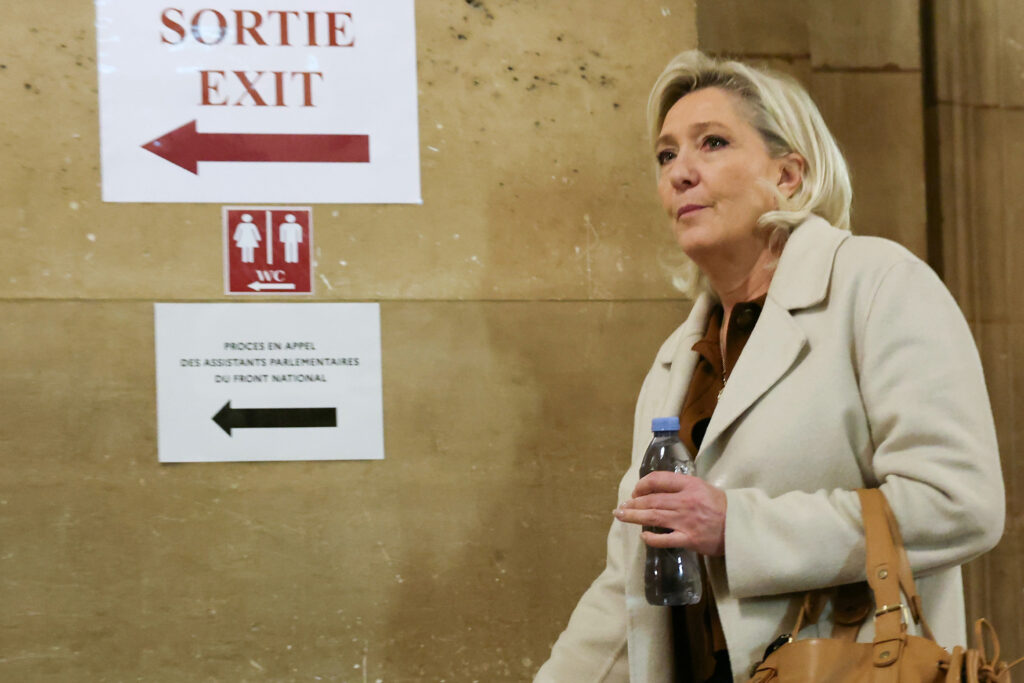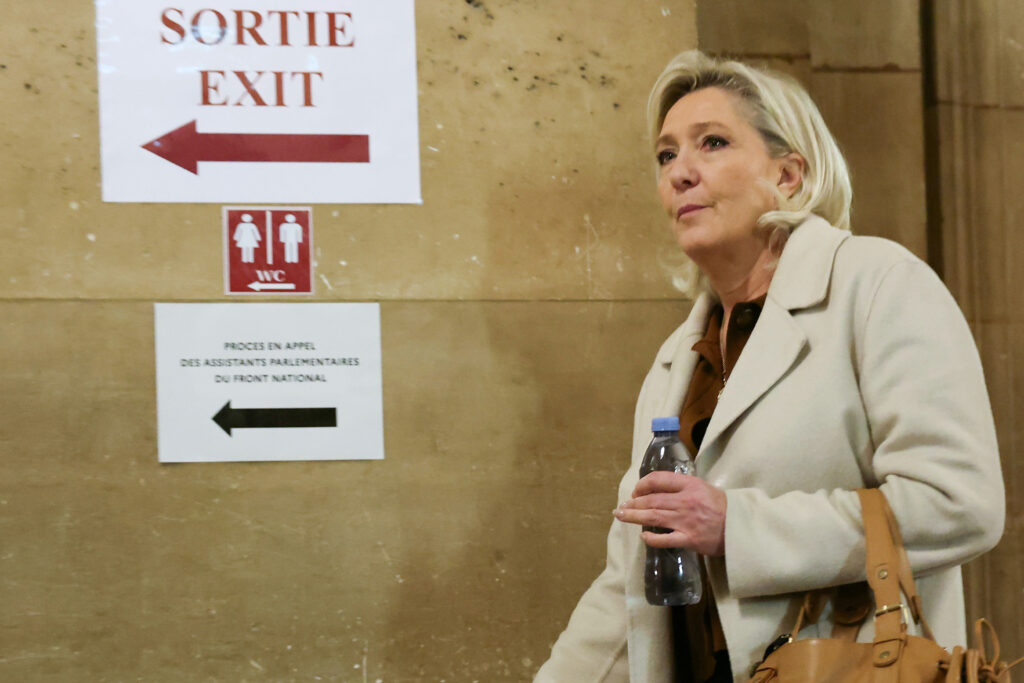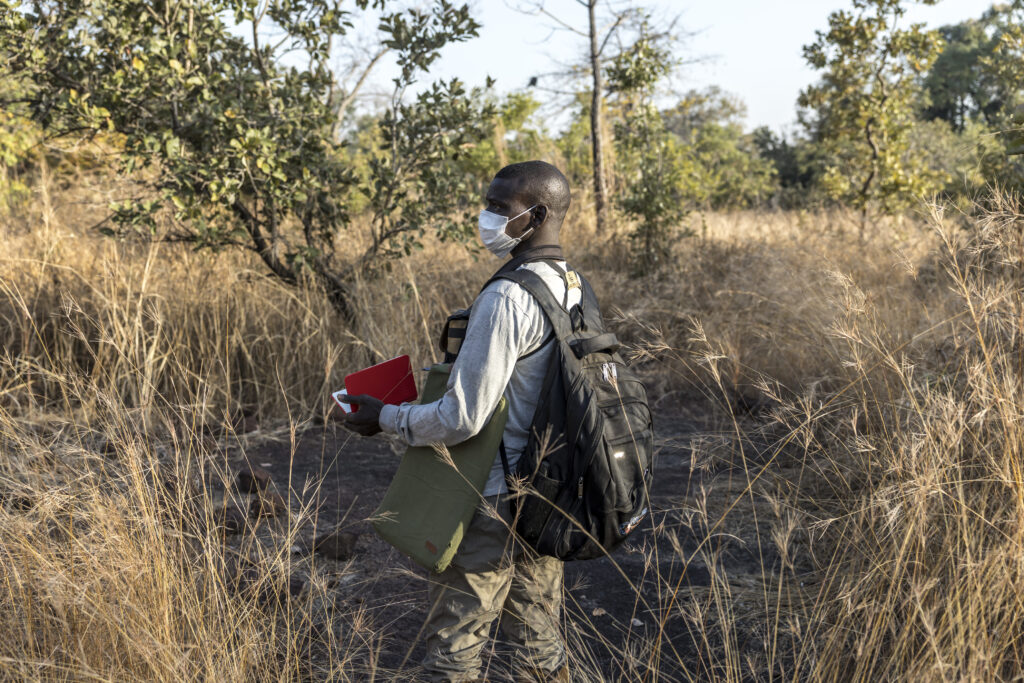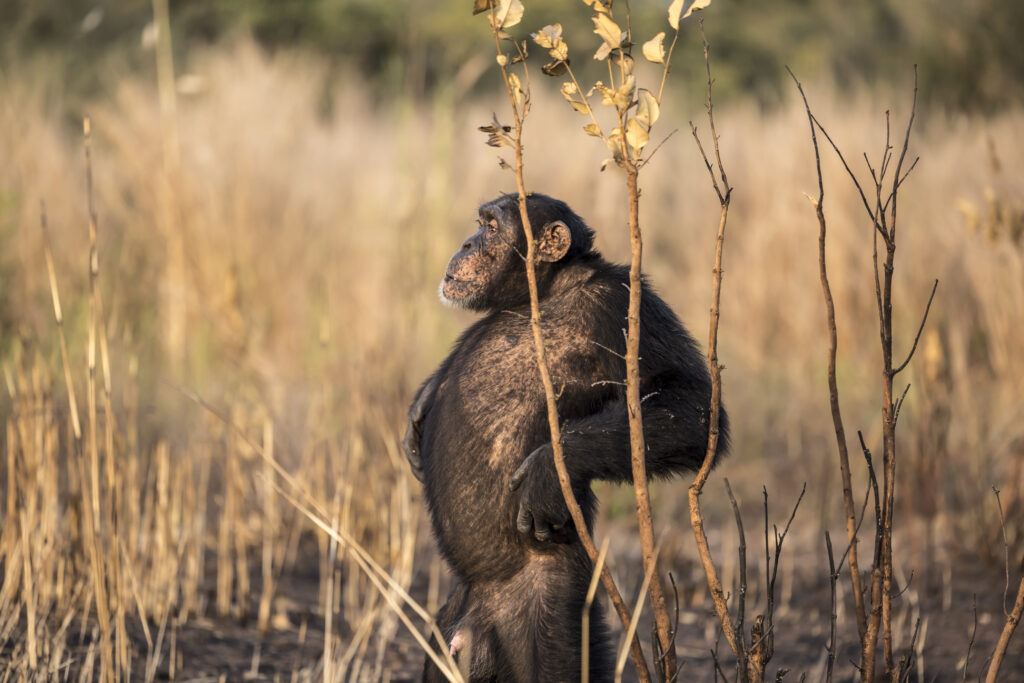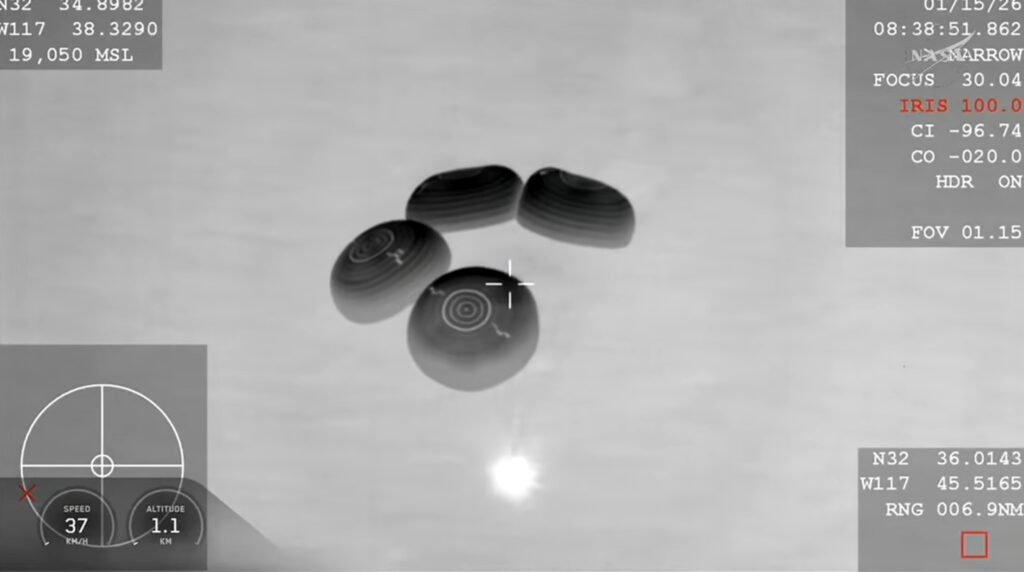Dans les camps de réfugiés rohingyas du Bangladesh, la grande pauvreté de l’éducation
Livres sous le bras, ils se glissent un à un dans une petite école des camps de réfugiés de Cox’s Bazar, dans le sud du Bangladesh. Pour ces jeunes garçons issus de la minorité rohingya, l’heure de la classe a sonné.”Ils rêvent tous de devenir pilote, médecin ou ingénieur”, assure leur maître, Mohammad Amin. “Mais difficile à dire s’ils y parviendront un jour. Ici, le chemin qui mène aux études supérieures est très tortueux…”Selon les estimations, la moitié du million de Rohingyas, la communauté musulmane de Birmanie, qui a trouvé refuge au Bangladesh pour fuir la répression de la junte militaire au pouvoir dans leur pays sont des enfants.Dans l’urgence qui a suivi l’arrivée des premières vagues en 2017, les ONG et le fonds de l’ONU pour l’enfance (Unicef) ont ouvert des écoles pour assurer leur éducation.Pour éviter de sédentariser ces réfugiés, le gouvernement de Dacca s’est opposé à l’accueil des jeunes Rohingyas dans ses écoles. Et leur a même interdit d’apprendre le bangladais.Sept ans plus tard, l’Unicef et ses partenaires gèrent dans les vastes camps de réfugiés de la ville de Cox’s Bazar plus de 6.500 centres éducatifs accueillant 300.000 élèves. Mais ces infrastructures sont loin de suffire. Surtout depuis la décision l’an dernier de l’administration Trump de réduire drastiquement l’aide américaine, forçant de nombreux établissements à fermer.”Le système actuel offre trois heures d’instruction de base par jour à chaque enfant, sur la base des programmes en vigueur en Birmanie”, décrit Faria Selim, de l’Unicef. “Mais ces heures quotidiennes ne suffisent pas”.- Manque de profs -Membre du Conseil uni des Rohingyas, une instance représentative des réfugiés, Khin Maung confirme que l’enseignement financé par l’aide internationale ne permettrait pas aux élèves de réintégrer le système scolaire birman s’ils rentraient au pays.”Les programmes birmans n’y sont suivis que depuis 2022 et nous souffrons d’un manque de profs”, rappelle-t-il.”J’enseigne seule la langue birmane, les maths, la science et la vie pratique à 65 élèves répartis en deux classes”, confirme Hashim Ullah, 30 ans, enseignant dans une école primaire gérée par une ONG.Ces difficultés n’échappent pas aux nombreux parents pour qui l’éducation constitue l’unique issue offerte à leurs enfants pour échapper aux périls qui les menacent: malnutrition, mariages précoces, travail forcé, enlèvements ou enrôlement de force dans les milices birmanes.Alors des familles ont commencé à se tourner vers des écoles dites communautaires.”Mes enfants sont inscrits dans une école tenue par une ONG”, décrit Jamil Ahmad, père de 7 rejetons. “Et au lever et au coucher du soleil, j’envoie les plus âgés dans une école communautaire, où ils ont des profs de chez nous”.Ces établissements ont recruté des enseignants birmans, réfugiés eux aussi. Seule contrainte : de modestes frais de scolarité dont Jamil Ahmad s’acquitte en vendant des rations alimentaires.- Niveau trop faible-Hamima Begum, 15 ans, a suivi le même chemin. Elle fréquente à la fois les bancs d’une école dirigée par une ONG et ceux d’une école communautaire. “Comme beaucoup d’autres filles, je veux aller à l’université”, proclame l’adolescente, “étudier les droits humains, la justice, la paix, pour un jour aider les miens dans mon pays. Dans ce lycée communautaire, j’apprends plus”.Mais le nombre de ces écoles reste très insuffisant pour satisfaire toutes les demandes. Surtout celles des plus âgés.Selon une évaluation réalisée en 2024 par un consortium d’ONG et d’agences onusiennes, le taux de scolarisation des enfants des camps chute de 70% chez les 5-14 ans à moins de 20% chez les 15-18 ans, surtout chez les filles.Et pour ceux-là, le niveau d’apprentissage est trop faible pour leur ouvrir les portes d’une université.”Nous avons organisé cette année une évaluation à mi-année, 75% des lycéens ont échoué”, constate le représentant des réfugiés, Khin Maung.Le parcours de Jaitun Ara fait donc figure d’exception.Arrivée à Cox’s Bazar à l’âge de 12 ans, la jeune femme, qui en a aujourd’hui 19, a décroché une place à l’Asian University for Women (AUW) de Chittagong (sud du Bangladesh) grâce à un programme de soutien.Mais elle doute que beaucoup d’autres filles puissent l’imiter, faute de moyens. “Les familles peuvent à peine se payer à manger”, regrette-t-elle, “comment voulez-vous qu’elles financent l’éducation de leurs enfants ?”
ISS astronauts splash down on Earth after first-ever medical evacuation
Four International Space Station crewmembers splashed down in the Pacific Ocean on Thursday, NASA footage showed, after the first ever medical evacuation in the orbital lab’s history.A video feed from NASA showed the capsule carrying American astronauts Mike Fincke and Zena Cardman, Russian cosmonaut Oleg Platonov and Japanese astronaut Kimiya Yui land off the coast of San Diego at 12:41 am (0841 GMT).”On behalf of SpaceX and NASA, welcome home,” mission control told the crew moments after landing.”It’s so good to be home, with deep gratitude to the teams that got us there and back,” Cardman replied.A health issue prompted their mission to be cut short, after spending five months in space.The US space agency has declined to disclose any details about the health issue but stressed the return was not an emergency situation.The affected crewmember “is doing fine,” NASA Administrator Jared Isaacman told reporters after the splashdown.Isaacman said only that the crewmember experienced “a serious medical condition” that “could have happened on Earth completely outside of the microgravity environment.”He said all crewmembers are safe, in good spirits and were undergoing standard post-arrival medical checks.”They just executed… a near-perfect mission on orbit,” Isaacman said.Fincke, the SpaceX Crew-11 pilot, shared a similar message in a social media post earlier this week: “First and foremost, we are all OK. Everyone on board is stable, safe, and well cared for.””This was a deliberate decision to allow the right medical evaluations to happen on the ground, where the full range of diagnostic capability exists. It’s the right call, even if it’s a bit bittersweet.”The Crew-11 quartet arrived at the ISS in early August and had been scheduled to stay onboard the space station until they were rotated out in mid-February with the arrival of the next crew.James Polk, NASA’s chief health and medical officer, previously said “lingering risk” and a “lingering question as to what that diagnosis is” led to the decision to bring back the crew earlier than originally scheduled.- Ready for the unexpected – The crew conducted a little under 900 hours of experiments during its 167 days in orbit, said Joel Montalbano, deputy associate administrator of NASA’s Space Operations Mission Directorate.American astronaut Chris Williams and Russian cosmonauts Sergey Kud-Sverchkov and Sergei Mikaev, who arrived at the station in November aboard a Russian Soyuz spacecraft, remained on the ISS.The Russian Roscosmos space agency operates alongside NASA on the outpost, and the two agencies take turns transporting a citizen of the other country to and from the orbiter — one of the few areas of bilateral cooperation that still endure between the United States and Russia.Continuously inhabited since 2000, the International Space Station seeks to showcase multinational cooperation, bringing together Europe, Japan, the United States and Russia.Located some 400 kilometers (248.5 miles) above Earth, the ISS functions as a testbed for research that supports deeper space exploration — including eventual missions to return humans to the Moon and onward to Mars.The four astronauts who were evacuated had been trained to handle unexpected medical situations, said Amit Kshatriya, a senior NASA official, praising how they have dealt with the situation.The ISS is set to be decommissioned after 2030, with its orbit gradually lowered until it breaks up in the atmosphere over a remote part of the Pacific Ocean called Point Nemo, a spacecraft graveyard.
Procès RN: la question procédurale de Le Pen sera tranchée lors du délibéré
La cour d’appel de Paris a indiqué jeudi qu’elle se prononcerait lors du délibéré du procès des assistants d’eurodéputés du Front national sur la question procédurale complexe soulevée mercredi par la défense de Marine Le Pen.”La cour joint l’incident au fond”, a déclaré sa présidente Michèle Agi.La défense de la cheffe de file de l’extrême droite a soulevé mercredi un embrouillamini né de l’ordonnance de renvoi devant le tribunal correctionnel (ORTC), ce document récapitulant le dossier et énumérant les charges dont les magistrats sont saisis à l’audience pour mener le procès.Dans l’affaire des assistants parlementaires d’eurodéputés FN, les juges de première instance avaient pris en compte un tableau annexe, non signé, listant l’ensemble des contrats, quand bien même certains n’avaient pas donné lieu à des mises en examen d’assistants.Le tribunal avait jugé que le document était suffisant pour poursuivre Marine Le Pen en tant que présidente du parti pour complicité de détournement de fonds pour l’ensemble des contrats.Or, pour l’avocat de Marine Le Pen, Me Rodolphe Bosselut, “ça a abouti à une aggravation de la situation pénale” de sa cliente, “pour une valeur complémentaire de détournements supposés d’1,4 million d’euros”, a-t-il plaidé mercredi.Dans le jugement de première instance du 31 mars 2025, le préjudice économique final du Parlement européen a été porté à 3,2 millions d’euros, une fois déduit 1,1 million d’euros de fonds indûment versés mais déjà remboursés par une partie des prévenus.Représentant l’accusation, les avocats généraux ont également considéré lors des débats de mercredi qu’en première instance, le tribunal correctionnel de Paris a “surestimé” les charges dont il était saisi.Marine Le Pen, le Rassemblement national et dix autres personnes sont jugés en appel jusqu’au 11 février dans ce procès décisif pour sa candidature à la présidentielle de 2027.
Procès RN: la question procédurale de Le Pen sera tranchée lors du délibéré
La cour d’appel de Paris a indiqué jeudi qu’elle se prononcerait lors du délibéré du procès des assistants d’eurodéputés du Front national sur la question procédurale complexe soulevée mercredi par la défense de Marine Le Pen.”La cour joint l’incident au fond”, a déclaré sa présidente Michèle Agi.La défense de la cheffe de file de l’extrême droite a soulevé mercredi un embrouillamini né de l’ordonnance de renvoi devant le tribunal correctionnel (ORTC), ce document récapitulant le dossier et énumérant les charges dont les magistrats sont saisis à l’audience pour mener le procès.Dans l’affaire des assistants parlementaires d’eurodéputés FN, les juges de première instance avaient pris en compte un tableau annexe, non signé, listant l’ensemble des contrats, quand bien même certains n’avaient pas donné lieu à des mises en examen d’assistants.Le tribunal avait jugé que le document était suffisant pour poursuivre Marine Le Pen en tant que présidente du parti pour complicité de détournement de fonds pour l’ensemble des contrats.Or, pour l’avocat de Marine Le Pen, Me Rodolphe Bosselut, “ça a abouti à une aggravation de la situation pénale” de sa cliente, “pour une valeur complémentaire de détournements supposés d’1,4 million d’euros”, a-t-il plaidé mercredi.Dans le jugement de première instance du 31 mars 2025, le préjudice économique final du Parlement européen a été porté à 3,2 millions d’euros, une fois déduit 1,1 million d’euros de fonds indûment versés mais déjà remboursés par une partie des prévenus.Représentant l’accusation, les avocats généraux ont également considéré lors des débats de mercredi qu’en première instance, le tribunal correctionnel de Paris a “surestimé” les charges dont il était saisi.Marine Le Pen, le Rassemblement national et dix autres personnes sont jugés en appel jusqu’au 11 février dans ce procès décisif pour sa candidature à la présidentielle de 2027.
In remote Senegal, chimp researchers escape gold mines’ perilsThu, 15 Jan 2026 10:44:34 GMT
Michel Tama Sadiakhou’s future dramatically changed course some 15 years ago thanks to a clan of spear-wielding apes: instead of the dangerous work in informal gold mines that is the fate of many in Senegal’s far southeast, he now researches rare chimpanzees. He is among five people from local villages, all but one without a high …
Senegal’s spear-wielding savannah chimps yield clues on humanity’s pastThu, 15 Jan 2026 10:44:07 GMT
A shriek broke the dawn on the savannah, followed by more screeches and the rustle of branches: The wild Fongoli chimps were bidding each other good morning in the dry, scraggly Sahel.The rare chimpanzees — who live in the bush of hot, southeast Senegal rather than the forest as is more common — exist on …
Retour sur Terre de l’équipage de la Station spatiale internationale
Un équipage de la Station spatiale internationale contraint d’interrompre sa mission en raison d’un problème médical, une première dans l’histoire du laboratoire orbital, a effectué jeudi son retour sur Terre.Après 167 jours dans l’espace, les Américains Mike Fincke et Zena Cardman, le Russe Oleg Platonov et le Japonais Kimiya Yui, à bord d’une capsule Dragon de l’entreprise SpaceX d’Elon Musk, ont amerri de nuit dans l’océan Pacifique, au large de la Californie, à 08H41 GMT, selon les images en direct de la Nasa.”Au nom de SpaceX et de la Nasa, bienvenue à la maison Crew-11″, ont salué les contrôleurs basés à Houston peu après l’amerrissage de la capsule au large de San Diego. “C’est bon d’être à la maison”, a répondu Zena Cardman.Après l’amerrissage, la capsule a été hissée à bord d’un navire. Les astronautes ont été aidés à en sortir un par un, placés chaque fois sur une civière. La Nasa a précisé qu’il s’agissait d’une mesure habituelle pour leur adaptation à la gravité et non un signe de problème de santé.Le premier à sortir a été Mike Fincke, le pilote du vaisseau. Il a levé le pouce avant d’être installé sur la civière. Il a été suivi par Zena Cardman, très souriante puis par le Japonais Kimaya Yui et le cosmonaute russe Oleg Platonov.Les quatre astronautes devaient subir de premiers examens médicaux sur le navire avant d’être héliportés sur le continent pour subir des examens complémentaires.L’agence spatiale américaine avait annoncé la semaine dernière que les membres de la mission Crew-11 allaient être évacués de l’ISS en raison d’un problème de santé touchant un astronaute.Un “risque persistant” et “l’incertitude quant au diagnostic” ont motivé la décision de ramener l’équipage plus tôt, a expliqué le médecin-chef de la Nasa, James Polk, tout en soulignant qu’il ne s’agissait pas d’une évacuation d’urgence.Les responsables de l’agence n’ont pas communiqué sur la nature de ce problème ni sur l’identité de l’astronaute concerné.”Le membre de l’équipage était et reste dans un état stable”, a assuré Rob Navias, un responsable de la Nasa, peu avant que la capsule ne parte mercredi de l’ISS, qui évolue à quelque 400 km d’altitude autour de la Terre.- “Décision mûrement réfléchie” -“Nous allons tous bien”, a par ailleurs écrit le pilote de la mission, Mike Fincke, cette semaine sur le réseau social LinkedIn. “Il s’agit d’une décision mûrement réfléchie et qui vise à permettre la réalisation d’examens médicaux appropriés au sol, où toutes les capacités diagnostiques sont disponibles. C’est la bonne décision”, a-t-il poursuivi.Les quatre membres de la mission Crew-11 avaient rejoint la station orbitale en août. Ils devaient y rester jusqu’à une prochaine rotation d’équipage, prévue pour mi-février.Cette mission, Crew-12, pourrait donc partir plus tôt que prévu, a fait savoir la Nasa. La Française Sophie Adenot doit y prendre part et réaliser ainsi son premier vol dans l’espace, le premier pour une Française depuis Claudie Haigneré en 1996.Pour l’heure, la Station spatiale internationale reste occupée par trois personnes – un Américain et deux Russes arrivés en novembre à bord d’un vaisseau Soyouz.Habitée en permanence depuis 2000, l’ISS est un modèle de coopération internationale réunissant notamment l’Europe, le Japon, les Etats-Unis et la Russie. Depuis la guerre en Ukraine, elle est aussi l’un des derniers domaines de coopération entre Moscou et Washington.Ses équipages sont formés pour conduire des missions scientifiques mais aussi pour faire face aux possibles complications liées à la vie dans l’espace.L’équipage évacué avait été préparé à “gérer des situations médicales imprévues”, avait rappelé un haut responsable de la Nasa, Amit Kshatriya.Durant son séjour de plusieurs mois dans ce laboratoire spatial, l’équipage devait mener diverses missions scientifiques allant de l’étude de la division cellulaire des plantes aux cellules-souches humaines et même à la simulation de scénarios d’alunissage, dans le cadre du programme Artemis de la Nasa, qui prévoit le retour des Américains sur la Lune.



